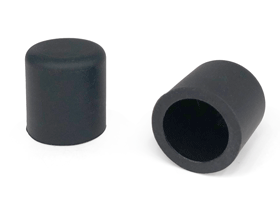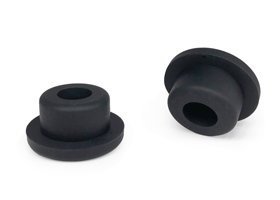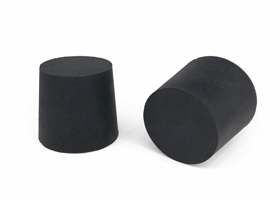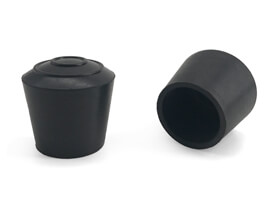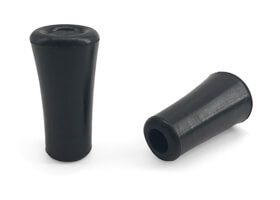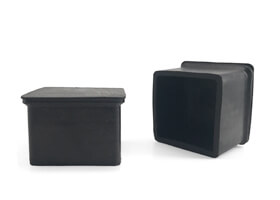Stopper Chemistry
There are not a lot of industries in the world that rely on stoppers as much as the chemical industry does. But what kind of stopper chemistry facility would use? As we know, they operate by handling various chemicals and liquids, with most of them being potentially dangerous, harmful, or toxic. For instance, it is not uncommon for chemical facilities and laboratories to keep acids in large carboys sealed with a stopper. Chemistry labs also use a lot of smaller glassware like vials and Erlenmayers, which are also sealed and plugged with a stopper. Also, let us not forget about the biochemical laboratories and facilities that conduct various tests on a large number of samples. Those samples must be kept in perfect condition if we want the results to be good.
Now, let’s talk about what kind of stopper chemistry lab would use? Most commonly, it would be a silicone stopper. Silicone is an excellent choice for this kind of application for a variety of reasons. As we have already said, chemistry labs and facilities often deal with hazardous or abrasive chemicals like acids. Therefore, it is a necessity to use a stopper or a plug that will not interact with any of those chemicals. As you might know, silicone is very chemically stable. In other words, silicone’s low chemical reactivity is what makes it ideal for this kind of environment.
Another reason as to why this is the stopper chemistry labs and facilities would use is low thermal conductivity and excellent thermal stability, in addition to unparalleled resistance to ozone, oxygen and other gases, UV lighting, and more. For instance, if you were to take an Erlenmeyer and conduct a chemical experiment in a very hot environment under the UV lights, you would absolutely have to use a stopper that is as resilient as this one.
Our Products
- Material: EPDM/NR/SBR/Silicone/FKM/NBR/CR
- Hardness: 30-90 Shore A
- Temperature Rang: -70℃ to 220℃, we can customize products with a temperature resistance of more than 300℃.
- Colors: Black,White Or according to the Pantone NO#.
- Custom service available, we can offer special plugs according to your requirements.
Do you need a quote? Or need to place an order?
We also provide customized services, and can make various non-standard silicone rubber parts according to your drawings or samples.
Welcome to contact us for more information!
